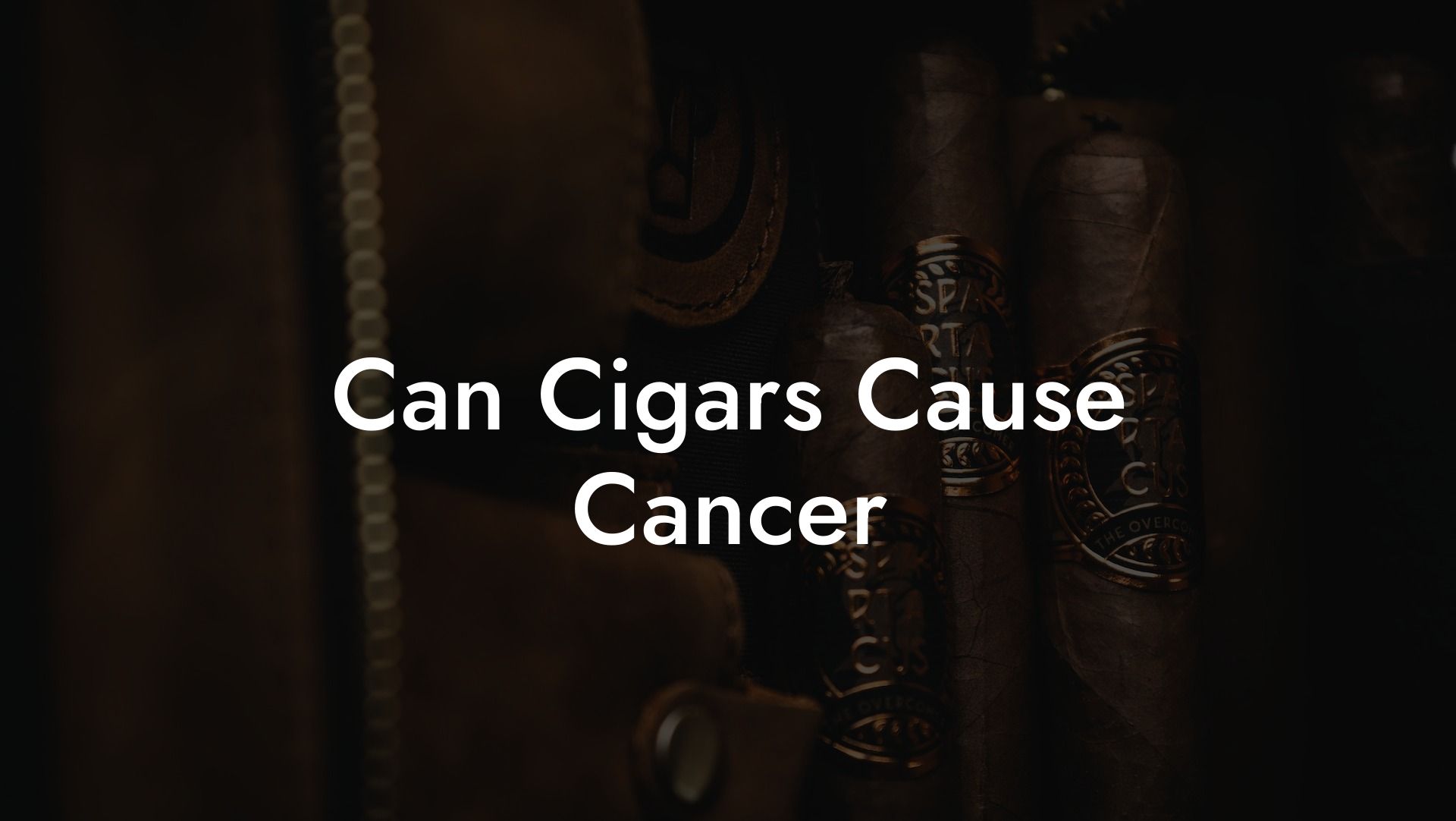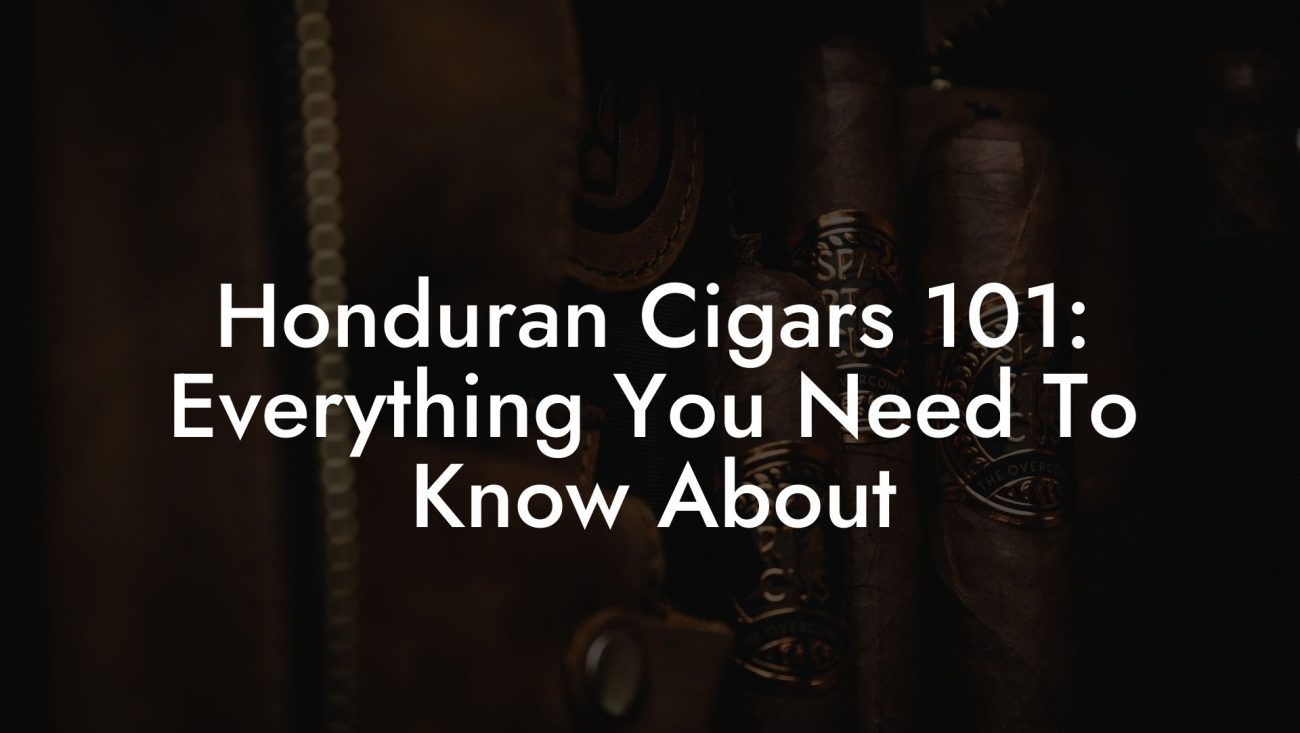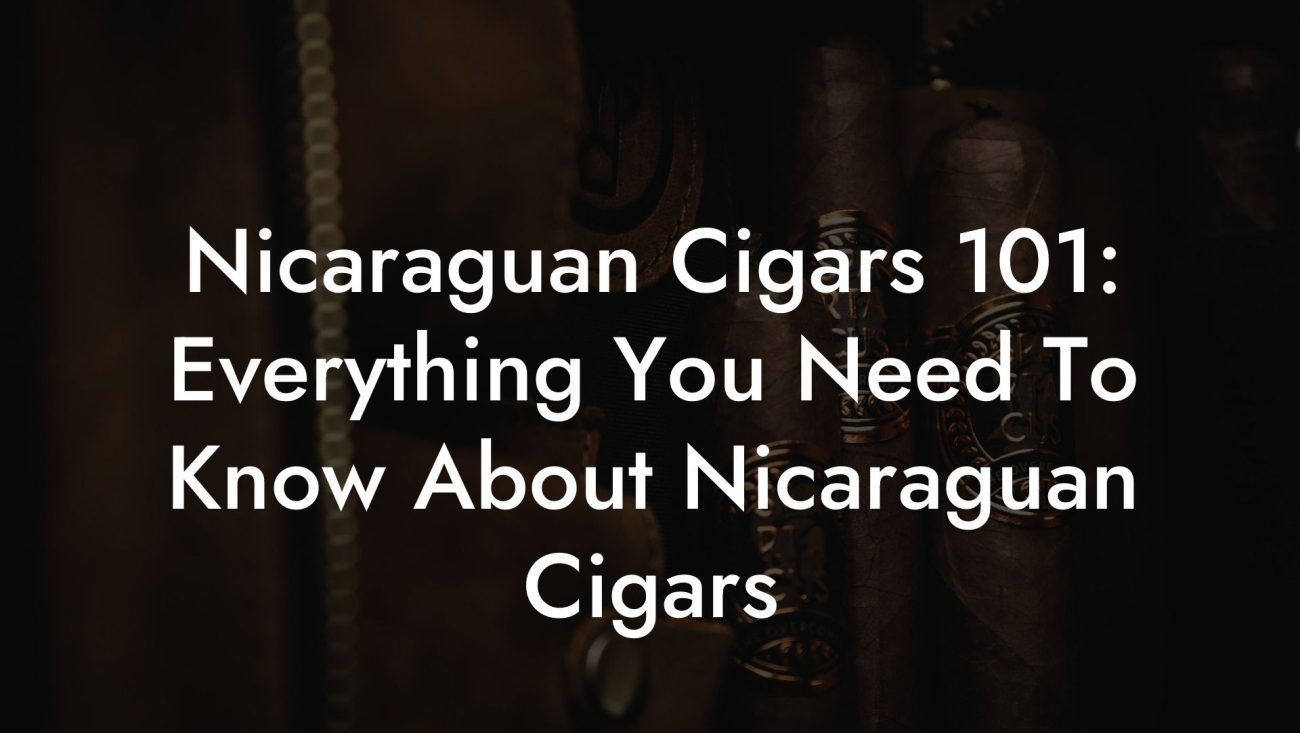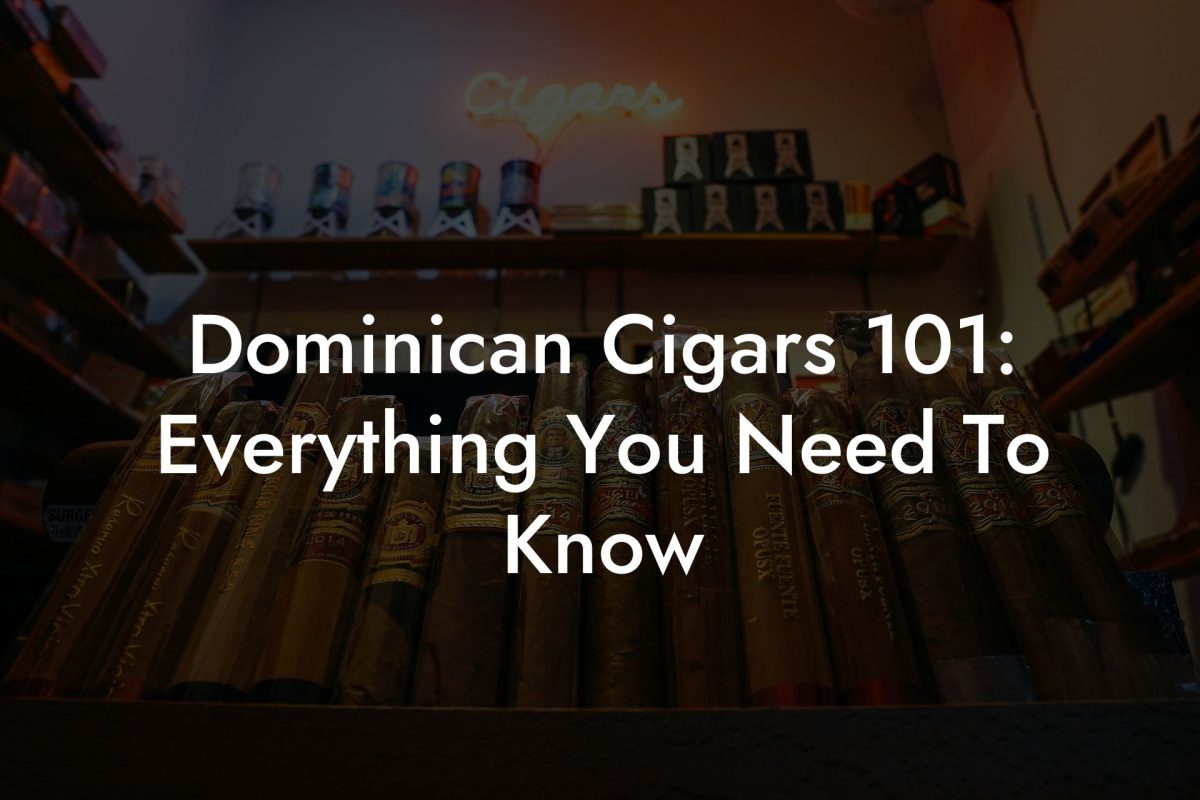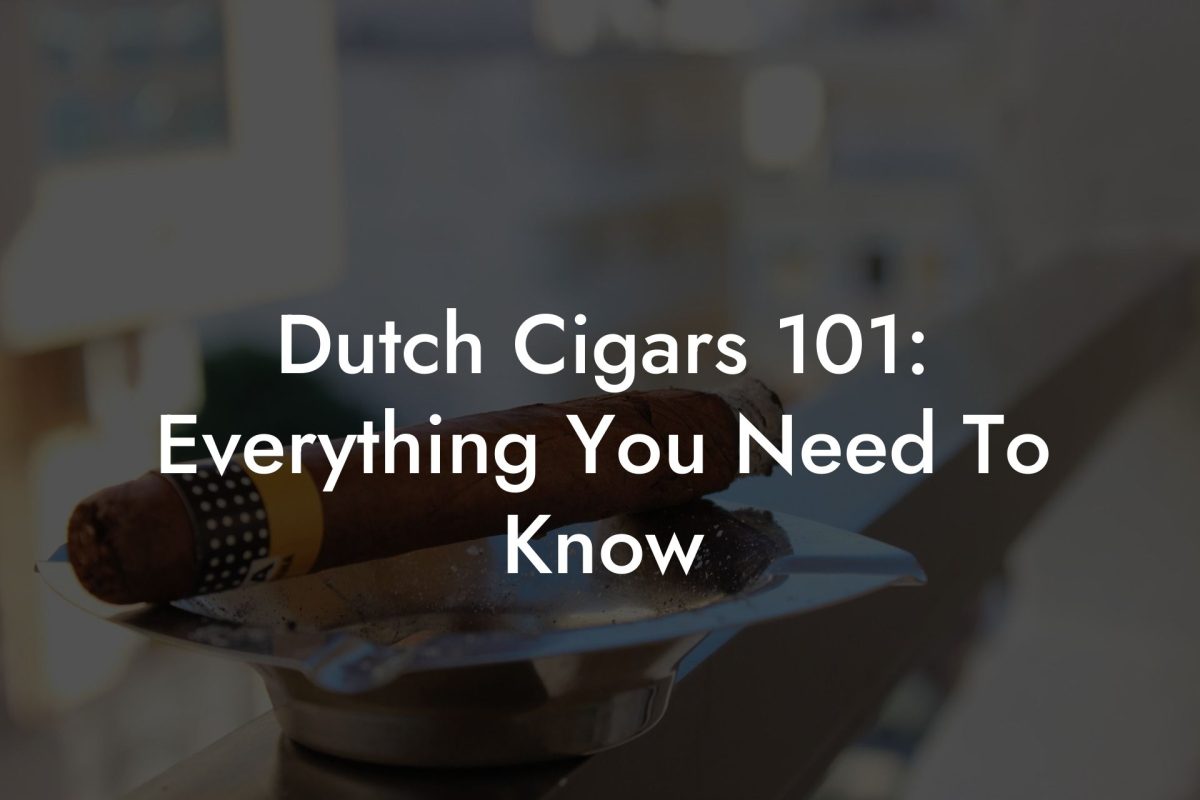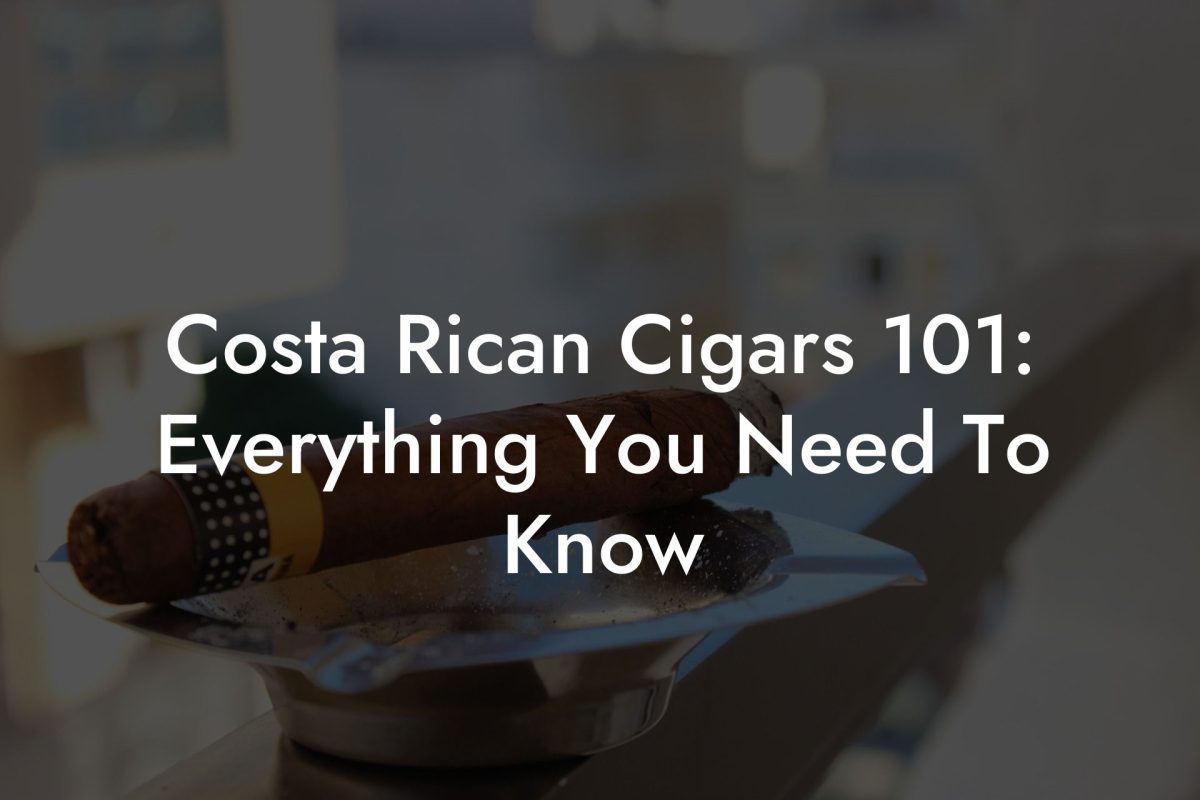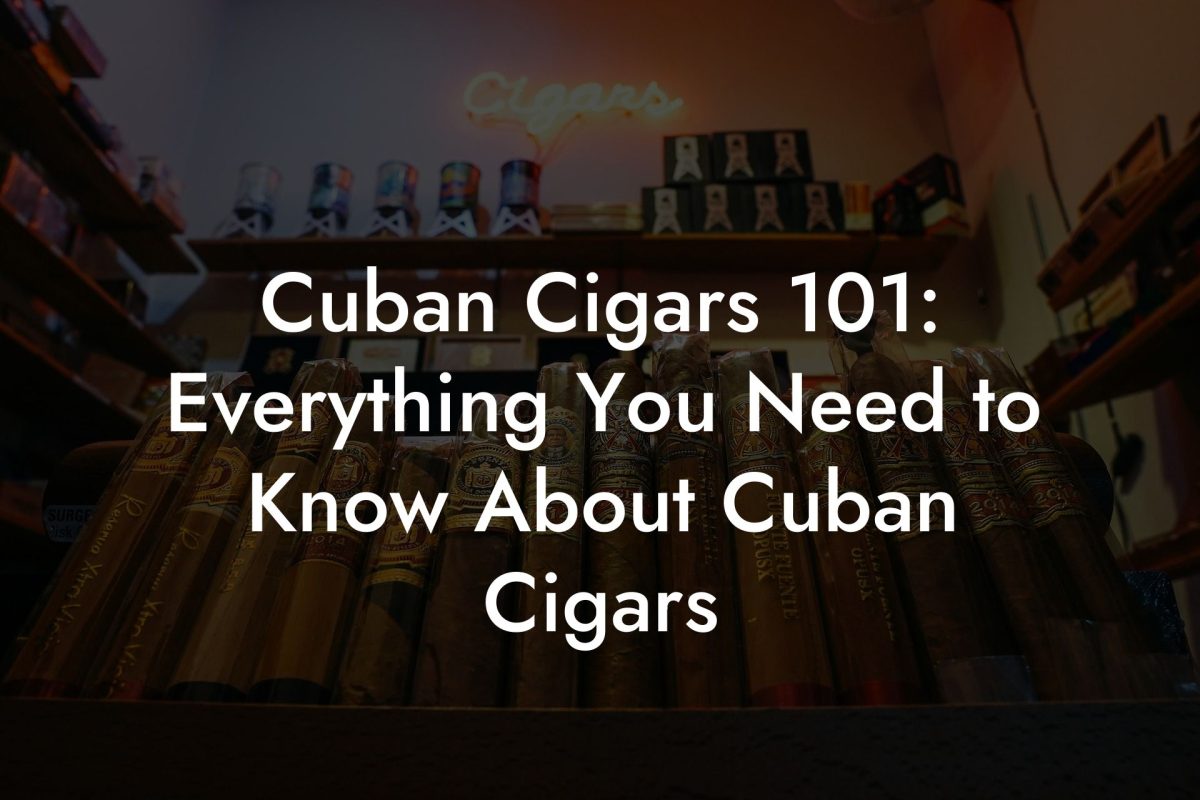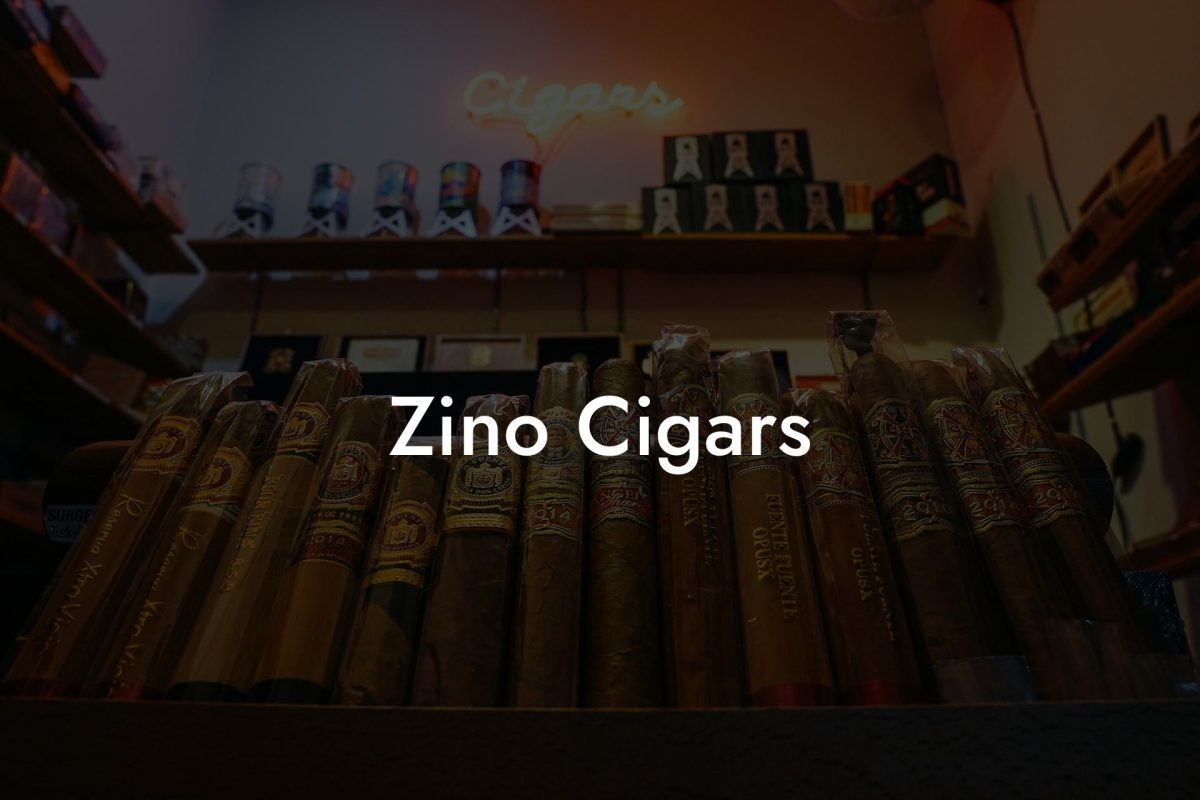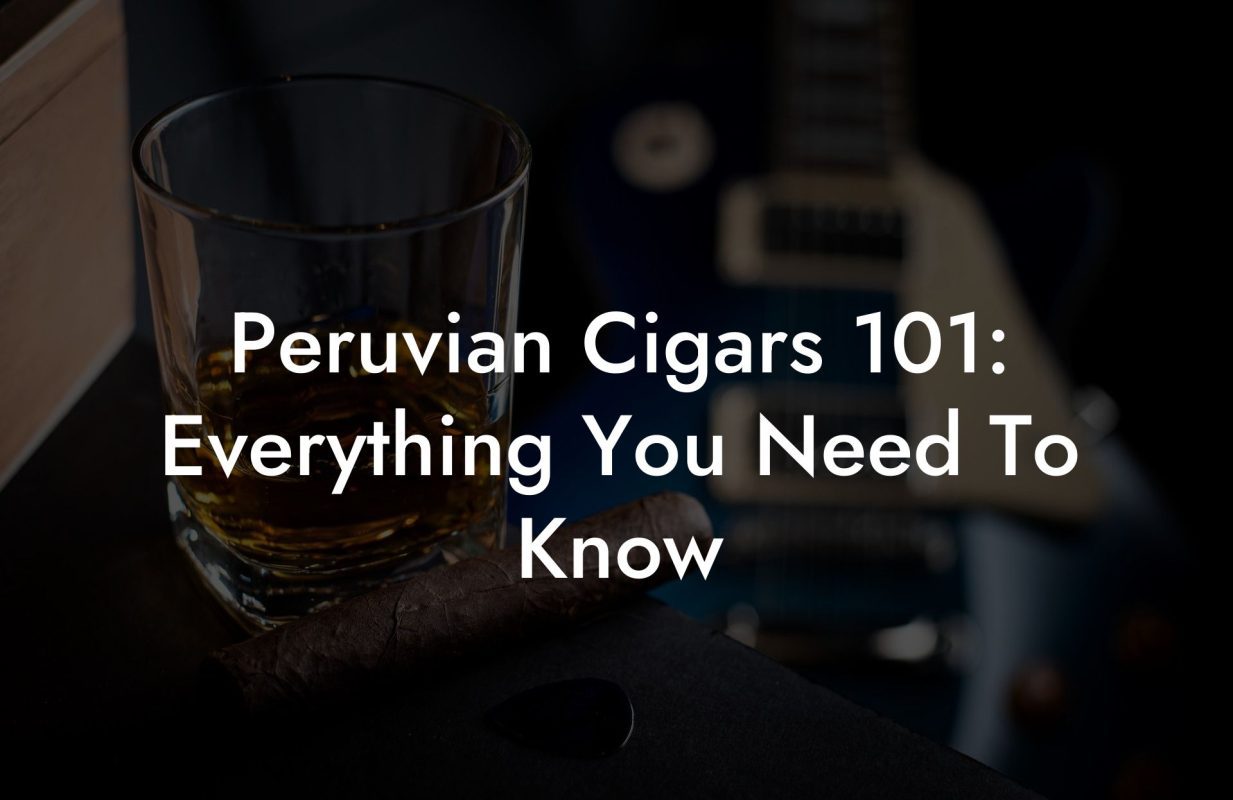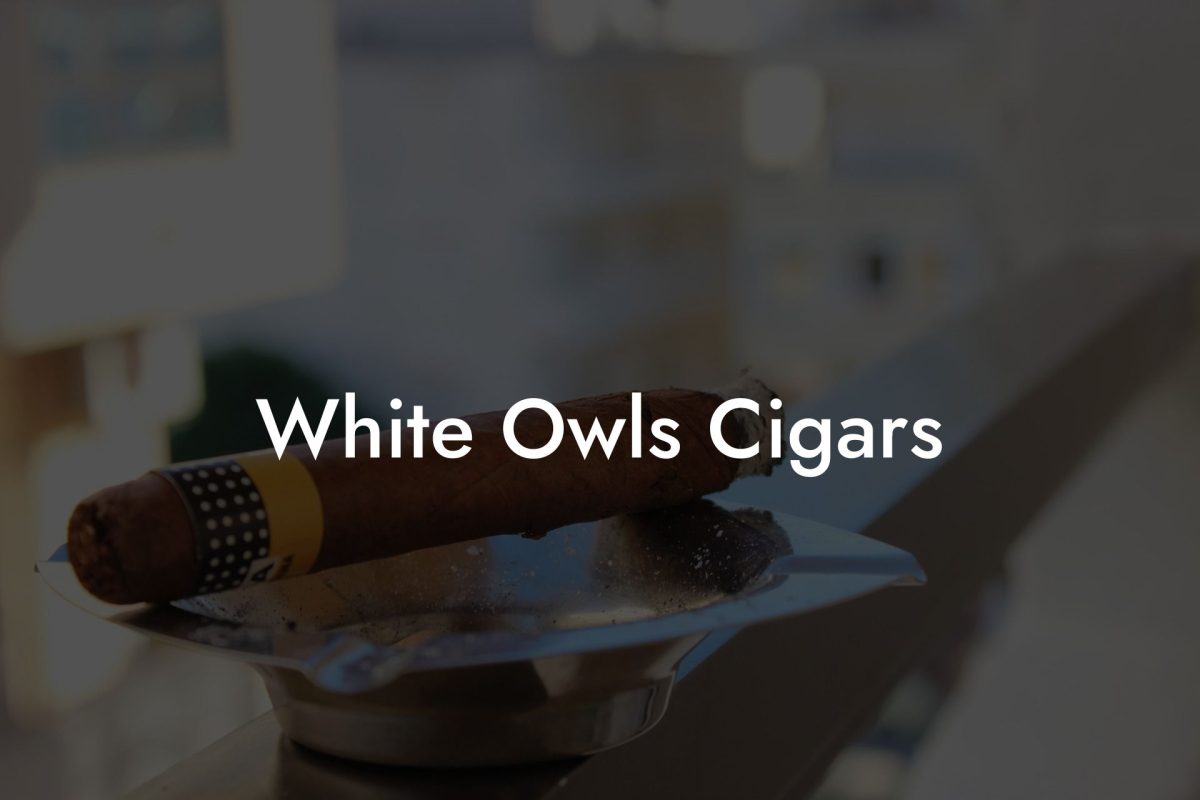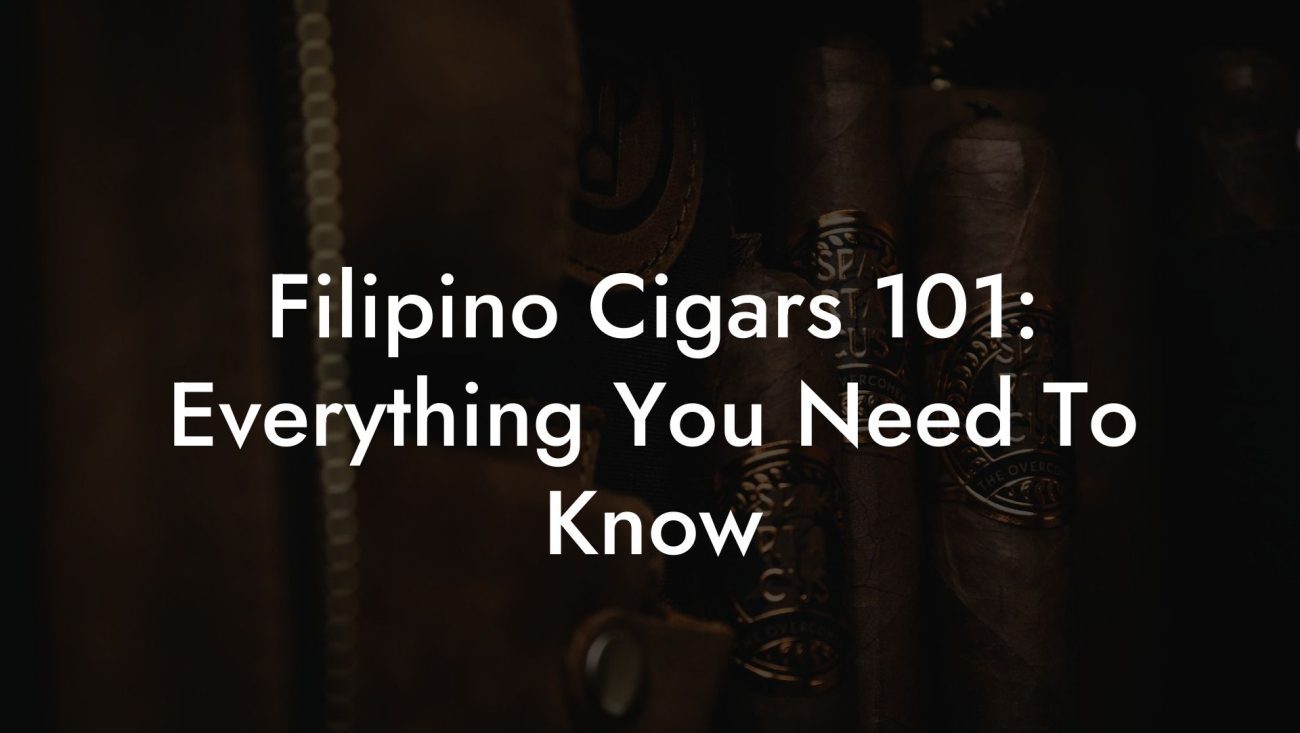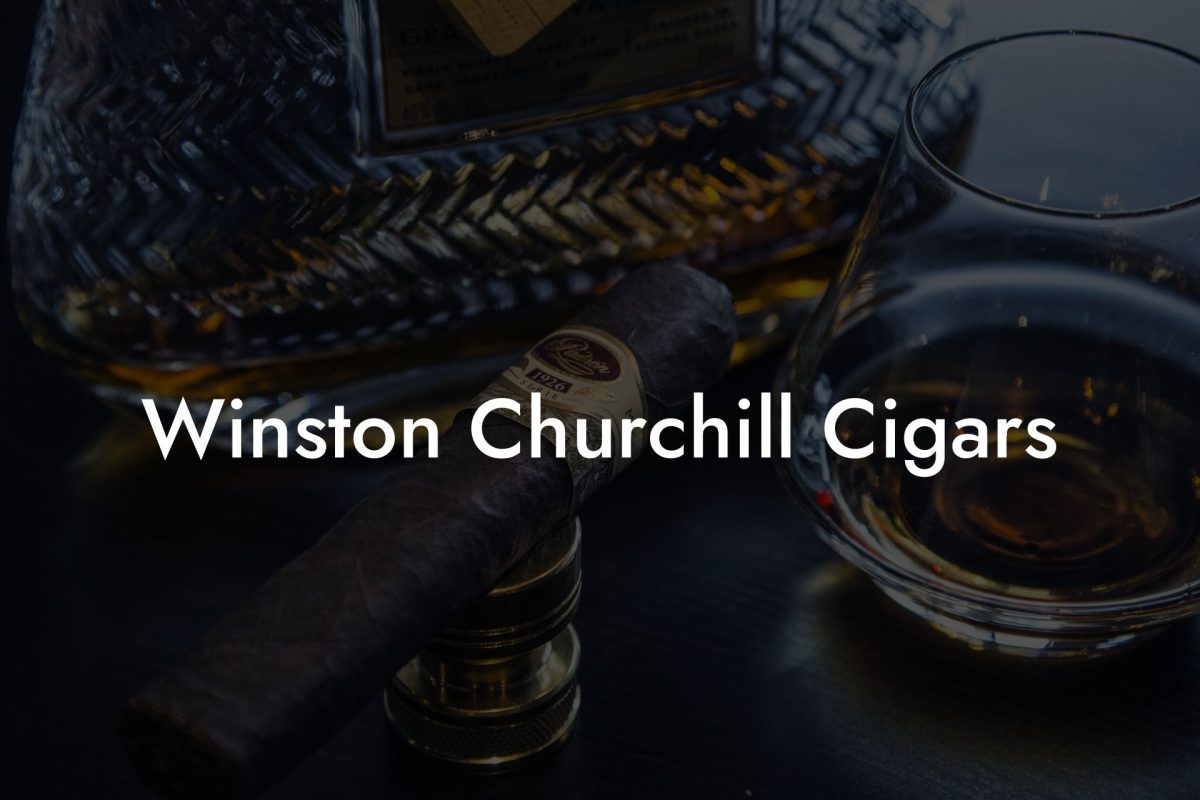Ever wondered if that stylish stogie you’re eyeing might be throwing a cancer curveball your way? Let’s cut through the smoke and mirrors (pun intended) and dive headfirst into the science, culture, and controversies swirling around cigars and cancer. Grab your favorite drink, settle in, and let’s chat about what’s really going on behind the aromatic allure of cigars.
Can Cigars Cause Cancer Table of Contents
The Cigar Culture: A History Wrapped in Tobacco Leaves
The Science Behind Cancer and Carcinogens
Cigars and Carcinogens: What’s in That Smoke?
Scientific Studies: Do Cigars Really Cause Cancer?
The Inhalation Factor: How You Smoke Makes All the Difference
Comparing Cigars and Cigarettes: More Than Just Size
Lifestyle Factors and Smoking Habits: It’s All About Balance
Strategies for Harm Reduction: Smarter Cigar Choices
Personal Stories: The Cigar Chronicles
Integrating Science and Culture: A Holistic Perspective
Resources and Community Support: Your Next Steps
Your Journey to Empowered Decision-Making
Candor in Curiosity: Frequently Asked Questions About Cigars and Cancer
The Cigar Culture: A History Wrapped in Tobacco Leaves
Cigars have a storied past, from the ceremonial rituals of ancient civilizations to the suave, sophisticated image they evoke today. For centuries, cigars have been more than just tobacco; they symbolize celebration, camaraderie, and sometimes even rebellion. But while the allure of a well-rolled cigar is undeniable, modern health conversations demand we ask: can cigars actually cause cancer?
From the old-world charm of Cuban cigars to the innovation of boutique cigar brands in today’s hip, urban settings, this tobacco tradition has crept into the mainstream of modern lifestyle. Millennials and Gen-Z alike are discovering the art of cigar smoking, not necessarily as a daily habit, but as an occasional indulgence and a way to connect with a storied past. However, the rising tide of health awareness means understanding the risks is more important than ever.
In this guide, we’ll break down the science, debunk myths, and explore real research to guide you in making informed decisions. Whether you’re an occasional aficionado or a curious newcomer, let’s take a closer look at how cigars stack up against cancer risk.
So, What Exactly Are Cigars?
At their core, cigars are tightly rolled bundles of dried and fermented tobacco leaves, often wrapped in a tobacco leaf or a material that holds the tobacco together. Unlike cigarettes, which are typically machine-made and filled with additives, premium cigars are crafted with an artisanal touch. Every step of the process, from selecting the tobacco leaves to the final rolling, is steeped in tradition and quality.
There are various types of cigars available on the market, each differing in size, flavor, and strength. Whether you prefer a short robusto, a long Churchill, or something else entirely, the unique composition and production methods lead to different smoking experiences. Yet, one common question remains: does enjoying a cigar, even as a heritage-inspired ritual, expose you to cancer-causing risks?
The answer isn’t a one-size-fits-all. Understanding the nuances of cigar smoking, from frequency to inhalation patterns, is vital to weighing the risks versus the lifestyle benefits. Let’s now pivot to the hardcore science behind cancer and how tobacco products can influence our bodies.
The Science Behind Cancer and Carcinogens
To understand whether cigars can cause cancer, we need a crash course in carcinogens, the sneaky chemicals that can trigger cellular changes leading to cancer. Carcinogens in tobacco are substances that damage DNA, potentially setting off mutations that might develop into malignant tumors. The mechanism is complex and depends on numerous factors, but here are the basics:
- Chemical Exposure: Tobacco smoke contains thousands of chemicals, including known carcinogens such as polycyclic aromatic hydrocarbons (PAHs), nitrosamines, and heavy metals like cadmium.
- Cellular Damage: Many of these chemicals trigger a cascade of biological reactions that lead to the formation of free radicals. These highly reactive molecules can damage cellular components including DNA, proteins, and cell membranes.
- Cancer Development: Over time, the accumulated damage may result in cells growing uncontrollably, forming tumors in critical tissues like the lungs, mouth, throat, and even the pancreas.
While cigarettes are often on the front page of tobacco-related health warnings, cigars, too, fall under the scrutiny of researchers and health professionals. However, the degree of risk can vary, a point we’ll explore in the coming sections.
Cigars and Carcinogens: What’s in That Smoke?
When it comes to cigars, the devil is in the details, or rather, in the chemical compounds that form during the curing and fermenting process. Here are the main culprits you should be aware of:
Nitrosamines: The Silent Offenders
Nitroarenes, often referred to as tobacco-specific nitrosamines (TSNAs), are among the most dangerous chemicals in any tobacco product. They form during the curing process and are considered potent carcinogens. TSNAs have been linked to cancers of the oral cavity, esophagus, and lungs.
Polycyclic Aromatic Hydrocarbons (PAHs)
PAHs are produced when tobacco is burned. These compounds don’t just hang around harmlessly; they interact with our cells and can lead to DNA mutations. Although the concentration of PAHs might be lower in cigars compared to cigarettes (depending on the smoking method), they remain a significant health concern.
Heavy Metals and Other Toxins
Cadmium, arsenic, and other heavy metals can also find their way into cigar smoke. Due to the fermentation and aging processes, certain cigars may contain elevated levels of these toxic substances. The cumulative effect of these metals can contribute to oxidative stress and cellular damage, potentially increasing the risk of cancer.
The interplay of these compounds in the human body is complex, and individual risk may depend on genetics, overall health, and other environmental factors. But one takeaway is clear: cigars are not free from carcinogenic properties.
Scientific Studies: Do Cigars Really Cause Cancer?
When it comes to health, nothing speaks louder than science. A plethora of studies has examined the connection between cigar smoking and cancer. The research indicates that while cigar smoking does pose a risk, several factors complicate the picture:
Frequency and Consumption Patterns Matter
For many cigar enthusiasts, smoking is an occasional indulgence rather than a daily habit. Studies reveal that infrequent cigar smoking is associated with a lower risk of developing cancer compared to heavy, daily cigarette use. However, even occasional smoking isn’t risk-free.
Research published in reputable journals highlights that the risk associated with cigars increases significantly if the smoke is inhaled. Many cigar smokers prefer not to inhale deeply, which can reduce but not eliminate the risk. Nonetheless, even without inhaling, harmful substances can affect the mouth, throat, and lips.
The Dose-Response Relationship
The concept of dose-response is central in toxicology. In simple terms, the more exposure you have to a harmful substance, the greater the risk. Studies demonstrate that people who smoke multiple cigars regularly tend to have a higher risk of developing cancers, particularly oral and lung cancers. Even occasional use carries some risk, though it may be significantly lower.
Comparative Analysis with Cigarettes
Cigarettes are often categorically compared to cigars in terms of cancer risk. The key differences lie in the method of consumption and the smoke composition. Cigarette smokers typically inhale more deeply and frequently than cigar smokers. Additionally, cigarettes are designed to burn at higher temperatures, which may create different chemical profiles in the smoke.
However, it’s important to remember that “lower risk” is not the same as “no risk.” The cumulative exposure to carcinogens, even at lower levels, can contribute to cancer development over time.
Ultimately, while moderate cigar smoking might be less harmful than regular cigarette use, it still introduces carcinogenic substances into your body, making it a potential contributory factor in cancer development.
The Inhalation Factor: How You Smoke Makes All the Difference
One of the most crucial aspects distinguishing cigar smoking from other types of tobacco use is the inhalation factor. Let’s break down the specifics:
- Non-Inhalation: Many cigar enthusiasts don’t inhale the smoke into their lungs, instead letting the flavors roll over the tongue and linger in the mouth. This method might reduce the risk of lung cancer, though the exposure of the oral cavity to carcinogens remains a concern.
- Inhalation: Some users, particularly those new to cigars or who smoke them like cigarettes, do inhale. This increases the likelihood of respiratory issues, including lung cancer, by allowing harmful chemicals to penetrate deeper into lung tissue.
- Frequency and Depth: Even if you’re not inhaling, how frequently you smoke and the depth of each puff can still affect your exposure level. Occasional smoking might lead to a lower cumulative risk, but habitual sipping, even just for flavor, can add up over time.
The bottom line? The way you enjoy your cigar plays a significant role in determining your overall health risk. For those who savor the experience, moderation and awareness are key factors in reducing potential harm.
Comparing Cigars and Cigarettes: More Than Just Size
In debates about tobacco-related cancer risks, it’s common to hear comparisons drawn between cigars and cigarettes. While both involve tobacco and combustion, several factors set them apart:
Composition and Manufacturing
Cigarettes are mass-produced with a blend of additives, chemicals, and processed tobacco. In contrast, premium cigars are crafted with whole-leaf tobacco intended to ferment naturally. This difference in processing means that the chemical profiles of cigar and cigarette smoke are distinct, with some studies suggesting that premium cigars may have fewer additives.
Smoking Behavior
A key difference lies in usage patterns. The average cigarette smoker might consume several packs a day, inhaling deeply with every puff. Meanwhile, cigar smokers often partake on special occasions or as a leisurely ritual, with many opting not to inhale. This difference in behavior impacts the frequency and intensity of exposure to harmful substances.
Health Implications
While cigarette smoking is firmly correlated with a high risk of lung, throat, and cardiovascular diseases, cigar smoking, even on a non-daily basis, has been linked primarily to oral, esophageal, and lip cancers. Even without deep inhalation, the exposure of sensitive tissues in the mouth and throat to carcinogens remains significant.
Despite these differences, both forms of smoking are not without risk. The cumulative exposure to toxins and the resulting damage they can cause means that both cigarettes and cigars have cancer-causing potential, although the risk profile may differ based on habits, frequency, and individual susceptibility.
Lifestyle Factors and Smoking Habits: It’s All About Balance
It’s impossible to consider the cancer risk of cigars in a vacuum. Lifestyle choices, including diet, exercise, and overall tobacco habits, contribute to your personal risk profile. Here are some key considerations:
- Moderation is Key: A casual cigar enjoyed once in a blue moon poses a different risk level than heavy, frequent smoking. For many, the occasional smoke is more about savoring an experience than establishing a habit.
- Other Tobacco Use: Combining cigar smoking with cigarette use or other tobacco products can amplify the risk. Poly-tobacco users may face a significantly higher exposure to harmful chemicals.
- Overall Health and Lifestyle: A balanced diet rich in antioxidants, regular exercise, and proper sleep can help your body combat the damage from free radicals and toxins. That doesn’t make smoking safe, but it can be a part of a harm reduction strategy.
Remember, while enjoying a cigar may be part of a broader lifestyle, it’s crucial to be mindful of how various risk factors interact. Awareness and moderation are the ultimate game changers.
Strategies for Harm Reduction: Smarter Cigar Choices
If you’re a cigar aficionado who isn’t ready to give up the indulgence, there are strategies you can adopt to mitigate cancer risks. While no method can entirely eliminate risk, the following tips can help you enjoy cigars more responsibly:
Choose Quality Over Quantity
Premium, well-crafted cigars may have fewer additives and chemicals. Investing in a high-quality cigar, and savoring it slowly, can reduce the number of puffs and overall smoke exposure.
Mind Your Inhalation
If you’re serious about reducing respiratory exposure, train yourself to savor the taste rather than draw the smoke deep into your lungs. Focus on enjoying the aroma and the ritual of smoking, rather than inhaling for the sake of nicotine.
Practice Moderation
The age-old adage “everything in moderation” is particularly pertinent when it comes to smoking. Reserving cigars for special occasions rather than daily indulgence can help keep health risks in check.
Get Regular Health Screenings
Early detection is key. Regular check-ups and cancer screenings, especially if you have a history of tobacco use, can catch potential issues early on. A proactive approach to health can make all the difference in long-term outcomes.
Embrace a Health-Conscious Lifestyle
Complement your smoking habits with a diet high in fruits, vegetables, and lean proteins. Antioxidant-rich foods help fend off oxidative stress caused by free radicals, while exercise supports overall body resilience.
These harm reduction strategies aren’t a get-out-of-jail-free card, but they can meaningfully reduce the potential risks associated with occasional cigar smoking. In the end, informed choices and a balanced lifestyle are your best allies.
Personal Stories: The Cigar Chronicles
Sometimes, the personal journeys of fellow cigar enthusiasts can offer valuable insights into the health risks and pleasures of cigar culture. Here are a few real-life narratives that shine light on the complexity of this debate:
Case Study 1: The Occasional Connoisseur
Alex, a 32-year-old graphic designer, describes cigars as a special treat that punctuates celebrations and significant moments. Despite enjoying an occasional cigar once a month at upscale rooftop bars, Alex remains health-conscious. “I always focus on quality over quantity,” he shares, “and I’m careful about not inhaling deeply.” Regular health screenings and a disciplined lifestyle have meant that he hasn’t encountered any serious issues, at least so far.
Case Study 2: The Culture Curator
Maria, a 28-year-old influencer with a passion for vintage aesthetics, sees cigars as part of a broader lifestyle that celebrates art and history. Though she smokes more frequently than Alex, she actively educates her audience on the importance of moderation. “I love the ambiance and ritual of a great cigar, but I’m always upfront about the risks,” Maria says. Her balanced approach, which includes yoga, a plant-based diet, and holistic wellness practices, highlights that personal choice is as much about lifestyle as it is about risk.
Case Study 3: The Health-Conscious Hobbyist
Dan, a 40-year-old entrepreneur, was once a heavy user of various tobacco products. After a wake-up call from his doctor, he drastically scaled back his consumption and shifted to premium cigars on rare occasions. “The shift wasn’t just about smoking less, it was about rethinking my overall relationship with tobacco," he explains. Dan’s journey underscores that with the right mindset and informed choices, it’s possible to enjoy the finer things in life while prioritizing long-term health.
These stories illustrate that the question “Can cigars cause cancer?” isn’t one-size-fits-all. Individual habits, frequency of use, and lifestyle factors all combine to shape personal risk. The key takeaway? Knowledge and moderation are the cornerstones of making informed decisions.
Integrating Science and Culture: A Holistic Perspective
In today’s hyper-connected world, where science meets style and lifestyle trends, making health-conscious choices means bridging the gap between rigorous research and lived experiences. The story of cigar smoking is not solely defined by cancer scare headlines, it also encompasses cultural heritage, personal pleasure, and mindful moderation.
When you take a holistic look, factors such as your personal health profile, genetic predispositions, and overall lifestyle choices come into play alongside the inherent risks of tobacco. For some, a carefully curated cigar ritual can coexist with a balanced, healthy life. For others, any level of tobacco exposure might be a step too far.
The conversation is evolving, with more awareness about harm reduction strategies, better education on how to minimize exposures, and increasingly sophisticated research into the long-term effects of occasional cigar smoking. All of this underscores the importance of being informed and proactive about your health choices.
Resources and Community Support: Your Next Steps
Armed with knowledge, your next step is to dive deeper into the science and culture of tobacco, engage with communities who share your interests, and take charge of your health. Here are some recommended resources and approaches to support your journey:
- Stay Informed: Read up on the latest research from reputable sources such as the World Health Organization (WHO), Centers for Disease Control (CDC), and peer-reviewed journals. Knowledge is your best weapon in making balanced decisions.
- Join a Community: Whether it’s online forums, social media groups, or local cigar clubs, engaging with fellow enthusiasts can provide valuable insights and honest discussions about the risks and pleasures of cigar smoking.
- Consult Experts: If you have concerns about your tobacco use or overall health, make an appointment with healthcare professionals who understand the nuances of tobacco-related risks. Preventative health check-ups and open conversations are your allies.
- Practice Mindful Smoking: Incorporate harm reduction practices, if you choose to smoke, do so with full awareness of the risks. Moderation, quality products, and a balanced lifestyle can help mitigate potential adverse effects.
- Educational Platforms: Look for webinars, podcasts, and blogs that explore both the cultural and scientific aspects of cigar smoking. Platforms that celebrate nuance rather than simplification are key to forming balanced views.
Your journey toward informed cigar enjoyment is ongoing. Use these resources to create a personal roadmap that respects both tradition and modern health insights. After all, being savvy about your choices is the ultimate act of self-care.
Your Journey to Empowered Decision-Making
Navigating the world of cigars doesn’t have to be like walking through a minefield of health scares. Instead, view it as a pathway of informed, deliberate choices where tradition meets modern science. By understanding the chemistry behind tobacco, recognizing the nuances in smoking behavior, and embracing harm reduction strategies, you set the stage for a life that honors both pleasure and well-being.
Whether you’re lighting up a cigar to mark a celebration or simply exploring the culture, every puff is an opportunity to reflect on your values and health priorities. Empowerment comes from possessing balanced knowledge, knowing that while cigars do carry risks, making educated, moderate choices can help you enjoy that timeless ritual without blindly courting danger.
Let this guide be your launchpad, a comprehensive resource where scientific insights blend with cultural awareness and personal empowerment. Stay curious, ask questions, and never hesitate to seek expert advice when in doubt. Your health, after all, is the one treasure that deserves nothing but the best care.
Embrace the journey with open eyes and a balanced spirit. Remember: while no lifestyle is entirely without risk, your awareness and proactive approach can make every experience, right down to the final puff, a well-informed celebration of life’s finer moments.
Candor in Curiosity: Frequently Asked Questions About Cigars and Cancer
Let’s address some of the burning questions swirling around cigar smoking and cancer risk, helping you cut through the haze with clear, honest answers.
1. Do cigars actually cause cancer?
Yes, cigars contain carcinogens like tobacco-specific nitrosamines and polycyclic aromatic hydrocarbons that can cause DNA damage, potentially leading to cancer. The risk increases with the frequency and depth of inhalation.
2. Is smoking a cigar less harmful than smoking a cigarette?
Generally, moderate, occasional cigar smoking (especially without inhaling) carries a lower risk than habitual cigarette smoking. However, all forms of tobacco expose you to harmful chemicals, so no method is completely risk-free.
3. What cancers are most commonly associated with cigar smoking?
Cigar smoking is primarily linked to cancers of the oral cavity, esophagus, and lungs, especially if the smoke is inhaled. Even without inhalation, exposure can increase the risk for lip and throat cancers.
4. Does the type of cigar affect the level of cancer risk?
Yes, factors like the quality of tobacco, fermentation and aging processes, and the presence of additives can influence carcinogen levels. Premium, well-crafted cigars might have fewer additives, but they still produce harmful chemicals when burned.
5. Can occasional cigar smoking be considered safe?
Occasional smoking is associated with lower risks compared to heavy use, yet it is not completely safe. Moderation and mindful practices can reduce, but not eliminate, the exposure to carcinogens.
6. How does inhalation impact the risk of cancer?
Inhalation significantly raises the risk because it allows carcinogens to reach the lungs directly. Many cigar smokers choose not to inhale deeply to minimize this risk, though other areas like the mouth remain exposed.
7. What harm reduction strategies can I adopt as a cigar smoker?
Opt for quality cigars, savor them slowly without deep inhalation, limit frequency, and complement your smoking with a healthy lifestyle. Regular health screenings also play a key role in early detection.
8. Are there any reliable resources to know more about cigar health risks?
Absolutely. Institutions like the Centers for Disease Control (CDC), World Health Organization (WHO), and peer-reviewed journals are great starting points for researching the latest findings on tobacco-related health risks.
9. What if I currently smoke cigars but am worried about cancer?
Consult with a healthcare provider to discuss your personal risk factors and consider regular screenings. Moderation and informed decision-making are critical steps toward reducing risk.
10. Can switching from cigarettes to cigars reduce overall cancer risk?
Switching does not eliminate the risk, as both contain harmful chemicals. However, changing smoking habits, such as reducing frequency or avoiding inhalation, may lower risk levels. The best approach is open conversation with a medical professional who can provide personalized advice.
Embracing Informed Indulgence: Charting Your Own Path
At the intersection of tradition, personal pleasure, and modern science lies your opportunity to embrace informed indulgence. The ultimate truth about whether cigars cause cancer isn’t wrapped in a single definitive answer, but rather resides in the nuanced interplay of how, when, and why you choose to smoke.
Empower yourself with knowledge, be unapologetically authentic in your choices, and use this guide as your compass. Whether you decide to revel in the aromatic embrace of a premium cigar on rare, special occasions or opt for a smoke-free lifestyle entirely, remember that the best choice is the one that respects both your passion for life and your commitment to health.
Your journey is uniquely yours, each puff, each decision, is an opportunity to blend heritage with modern insight. Let this guide inspire you to walk a balanced path where informed indulgence and conscious living go hand in hand, lighting the way toward a future in which you’re both well-informed and truly empowered.

